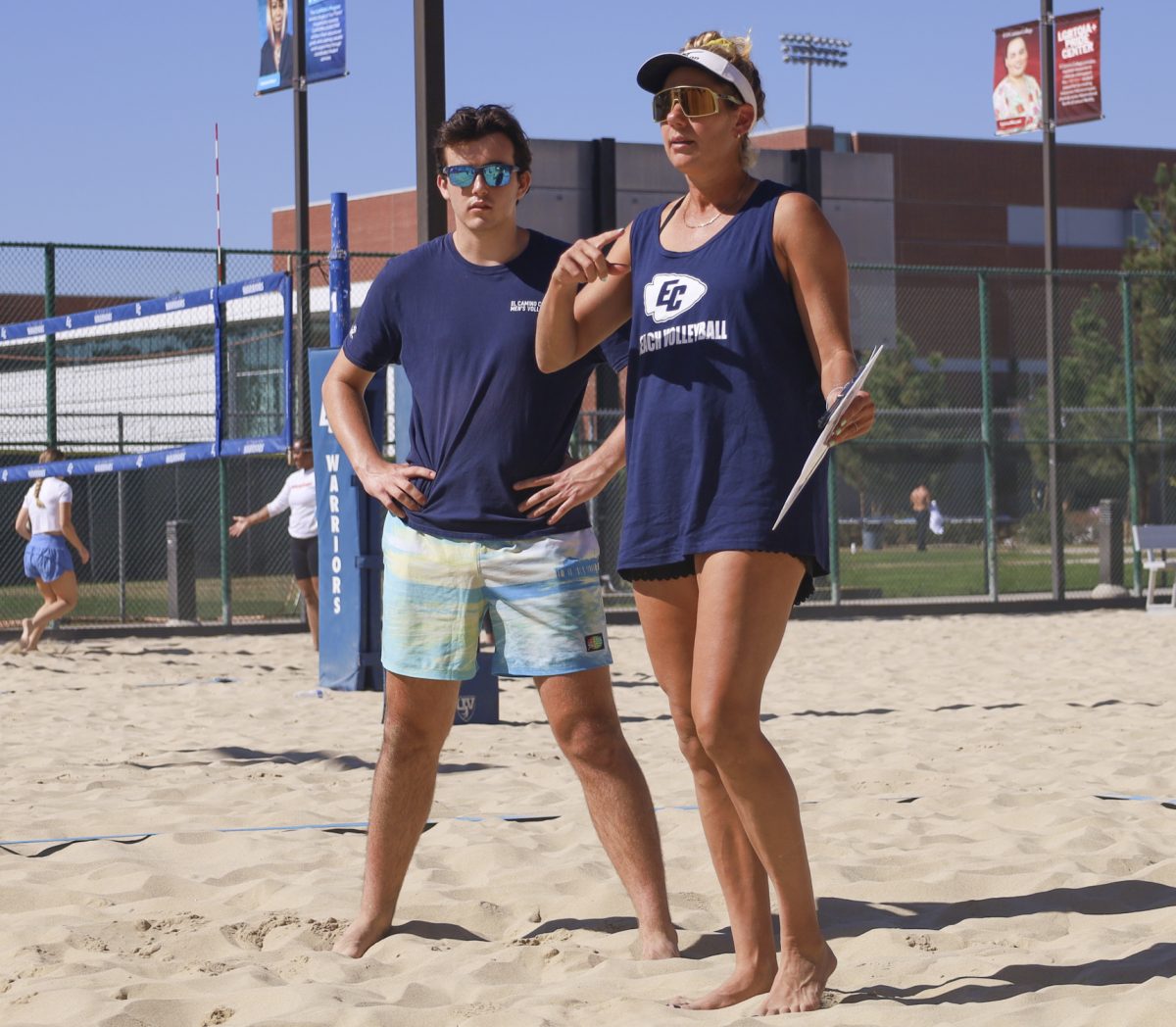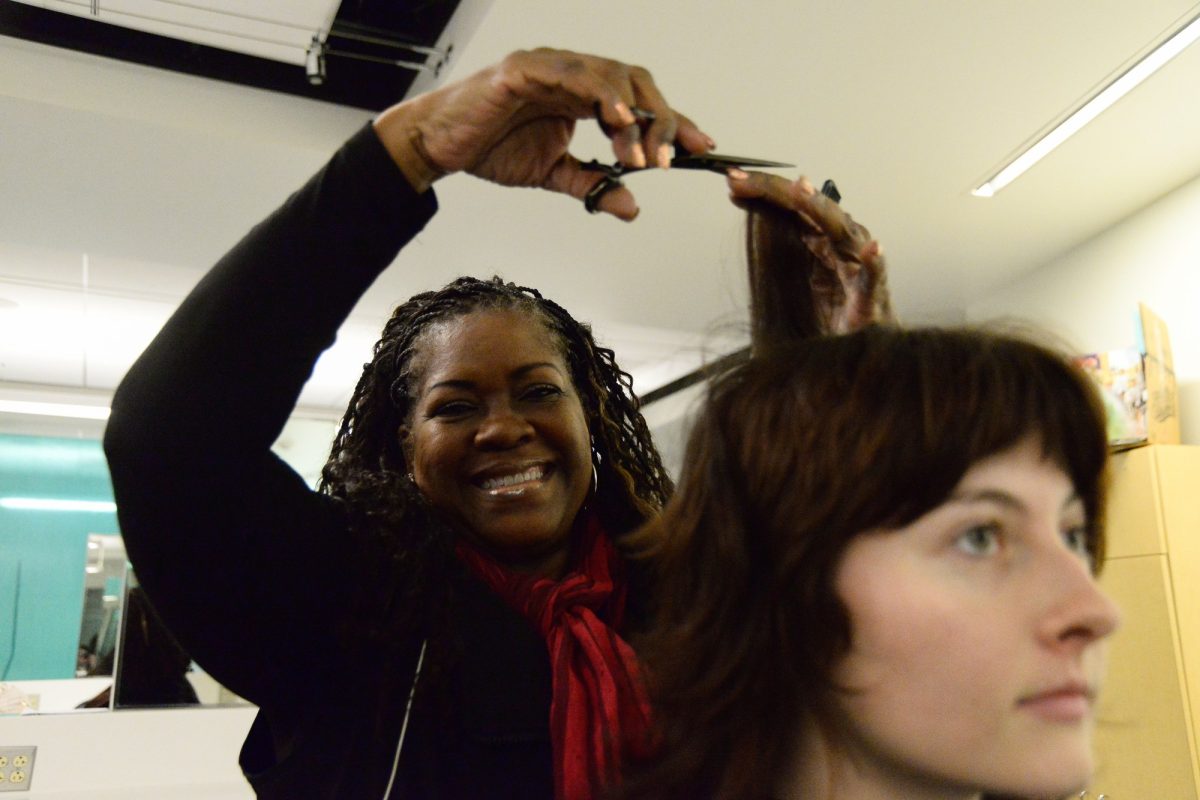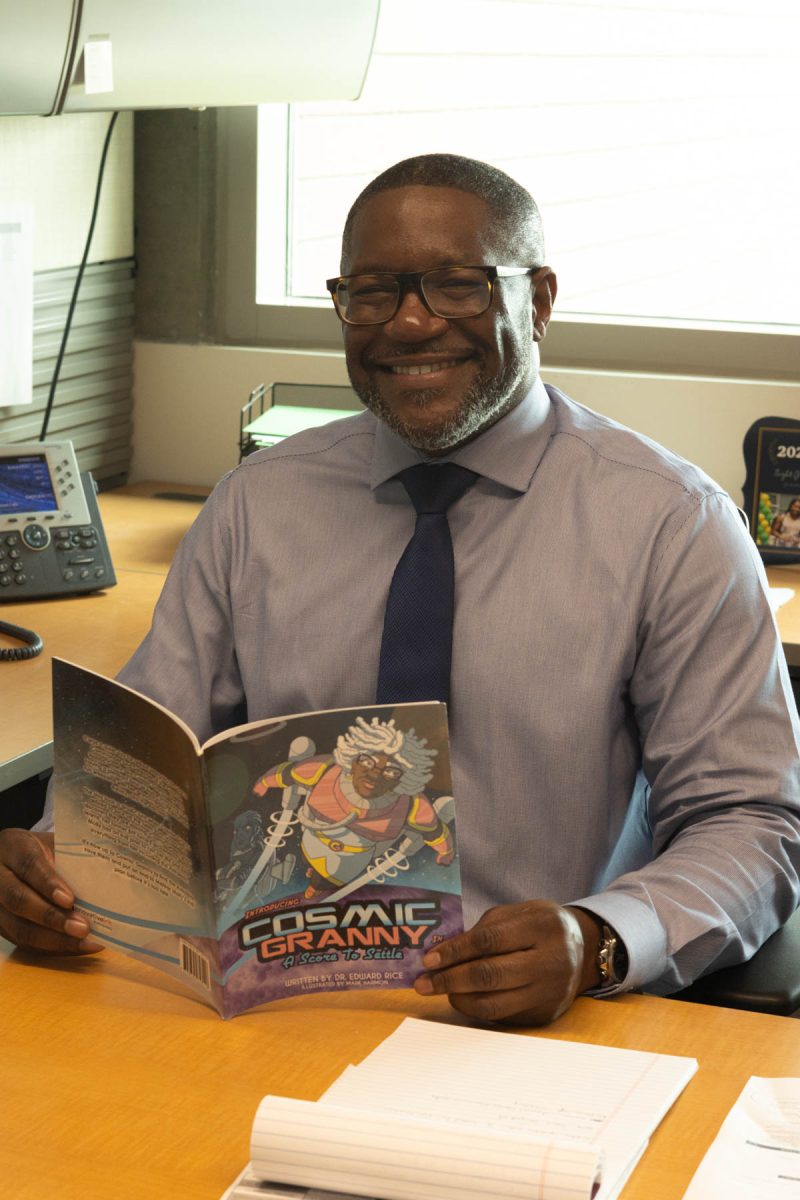In what some students may consider a gift from the gods, CliffsNotes has now posted all of its guides on the Internet for free.
The guides, which were previously only available in stores, may now be read for free on the internet or downloaded and printed out for $5.99, the same price as in stores.
The company finally decided to post the guides in order to bring in more customers to the web site.
The debate is whether this will change the way students research texts on the Internet, because many students have already found other ways to find guides on the Internet.
“Sparknotes is free and has more detail and analysis than CliffsNotes,” Carly Welch, an English and art major, said.
With so many literature guides on the internet, Monarch notes such as Spark notes, PinkMonkey.com and Gradesaver.com just to name a few, CliffsNotes may not send the shock wave that it sought.
Many professors and students said they believe that CliffsNotes is not the premier literature guide on the market.
“I always design quizzes around the notes, whether it is Monarch notes, CliffsNotes, or Spark notes,” English professor Brent Isaacs said.
Some students think CliffsNotes is not as in-depth as other guides.
“Cliffsnotes is just an explanation, not a different point-of-view,” Welch said.
Many students and professors on campus think that Cliffs Notes are only good as a referrence after the original text is read.
“Teachers like to use parts of the story that aren’t in CliffsNotes,” English major Diana Girgis said. “But if there is something missing from the reading, then I’ll read CliffsNotes.”
Most students choose to read both the guide and the actual text in order to understand various interpretations.
“Guides are good to have because you have a different point of view,” Welch said.
Isaacs agrees that guides are good in addition to reading the text.
“I think guides are a good thing, because older texts are hard (to understand) and it can give students background,” Isaacs said.
The guides are a valuable tool for many students that don’t have the time or patience to read
Many students use literature guides, but with the opportunity for misuse, many believe that it is cheating.
“If read in conjunction or along with the text it is a good tool,” Isaacs said. “When it’s used in lieu of the book, the reader only gets one interpretation, but if it is used as well as the text, it’s a good thing.”
Welch said she thinks that using the guides is cheating if they aren’t used properly.
“It’s not cheating, but it is if you don’t read the story,” Welch said.
Girgis only thinks the guides are cheating if you are specifically asked not to use them.
“If your teacher says don’t use CliffsNotes, then that is cheating,” Girgis said.
Most students use the guides because of lack of time or they don’t completely grasp the concept of the actual text and need a little assistance.
The guides provide a great tool for students who need them, but can be misused by students looking for a shortcut to skip actually reading
What continues to worry professors is that students will never read the actual text because of the convenience of the guides
“The concern is they won’t read the actual text,” Isaacs said.








